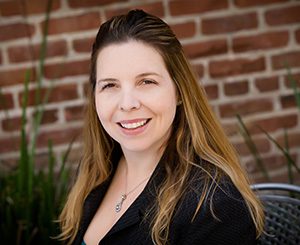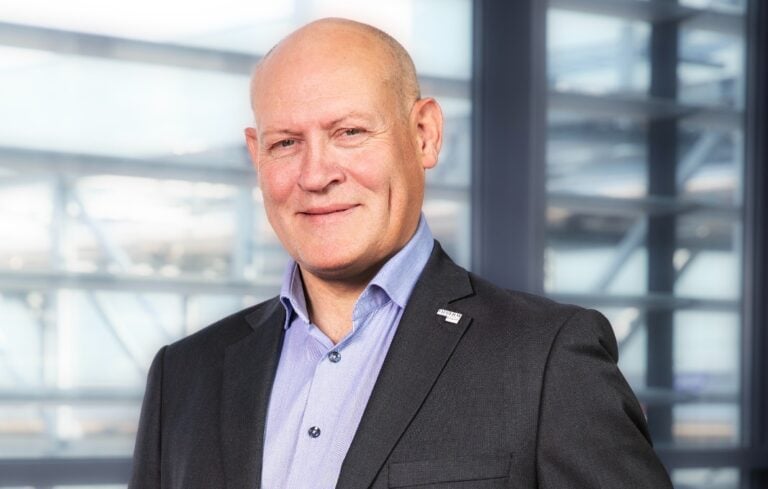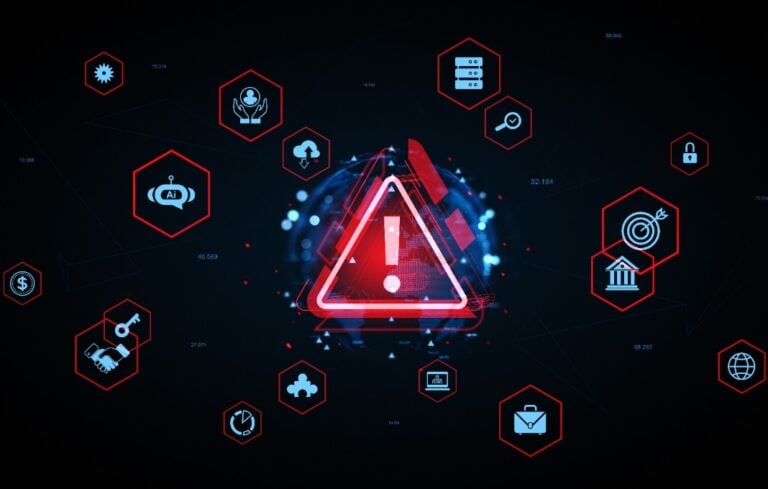
Lauren Zimmerman Cook never thought she’d go into the family business, but she owed her parents two years of her time after they paid for her to get a master’s degree.
“I told them I would come back for two years and I would work for them. That was my payment to them for putting me through school,” said Zimmerman Cook, CEO of AEC Living, a group of senior living communities and a Medicare-approved rehabilitation agency in Alameda, California. Soon enough though, she started cherishing the connections with many of the patients she met.
“There was this one woman that I would walk out of my office, and she saw me, she goes, ‘You know, just seeing your smile makes my day better.’ She was 94, in a wheelchair…but that human connection kept me going.”
After the two years were finished, her parents said she could leave, so she didn’t have to stay in a job that essentially required her to be focused 24/7—since this is people’s everyday lives. Zimmerman went off and received her law degree at Tulane, but the human connection made her want to stay at AEC Living in the family business. So along with her brother Stephen Zimmerman, she enrolled in the USC gerontology program, to better understand the social science part of caregiving.
Over time, Zimmerman Cook began training to take over her father’s job as the CEO of the company. She took on a number of responsibilities across the organization, worked on a major project with him to get a hands-on approach at knowledge transfer, and eventually slid into the top spot. The 24/7 aspect doesn’t bother her for two reasons a) she’s patient care and b) there’s not a CEO out there working a regular 9-to-5 job anyway, she notes.
Plus, she doesn’t have to leave her family behind, they are all involved with the company: her brother as chief operating officer, her mom is in charge of the nurses, and her dad acts as a consultant when she needs him. Zimmerman Cook spoke to Chief Executive about the challenges of the healthcare industry, recruiting talent in a competitive landscape, and more. Below are excerpts from the conversation.
Healthcare has been notorious for being a slow industry in terms of innovation. What are some of the ways that AEC Living is trying to buck that trend and be innovative?
It’s a really hard balance for healthcare, right? We’re caring for people, and there’s a lot of that human touch part of what we do at AEC Living. But, the larger we grow, the more we realize that we have to have information at your fingertips wherever you’re at because the people who are making the decisions might not be right at the patient side about the larger decisions. So, we have a system where actually every single caregiver has an electronic device and they record the stuff that they do with the residents. And that way, the nurses can get all that live data to see what’s going on. And that has really helped with our care planning. The caregivers who give care, they are documenting their care on a system which feeds into our medical record system.
It’s the little things too. Traditionally, you sign in to the facilities with a piece of paper. We have gone to an electronic sign in system, which prints tags out. So, for the safety of everybody, people know who’s there. But also [we take] two pictures of the person when they sign in, so that if something happens, we know what people look like who have come into the building. It feeds us data like if someone…if residents aren’t getting any visitors, it can tell us. So, we make sure that we are making sure they are getting more visitors. So, we’re trying to use software and that kind of stuff to increase our ability to give care.







